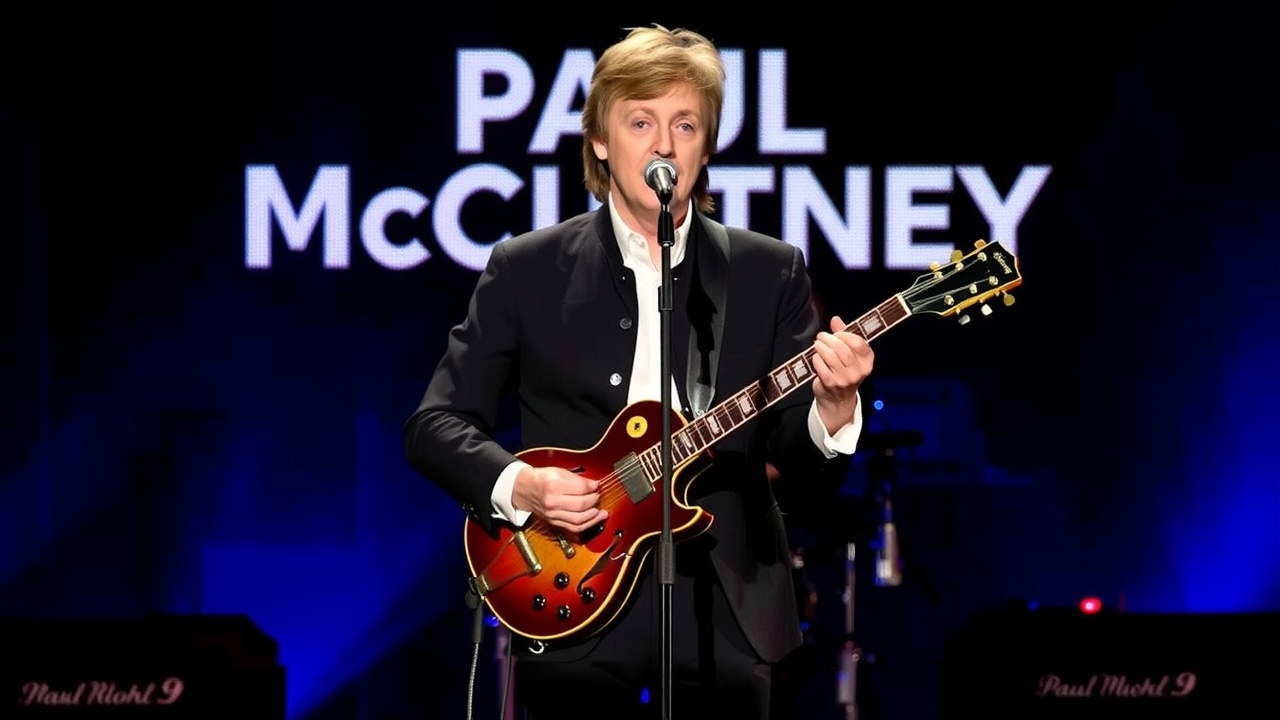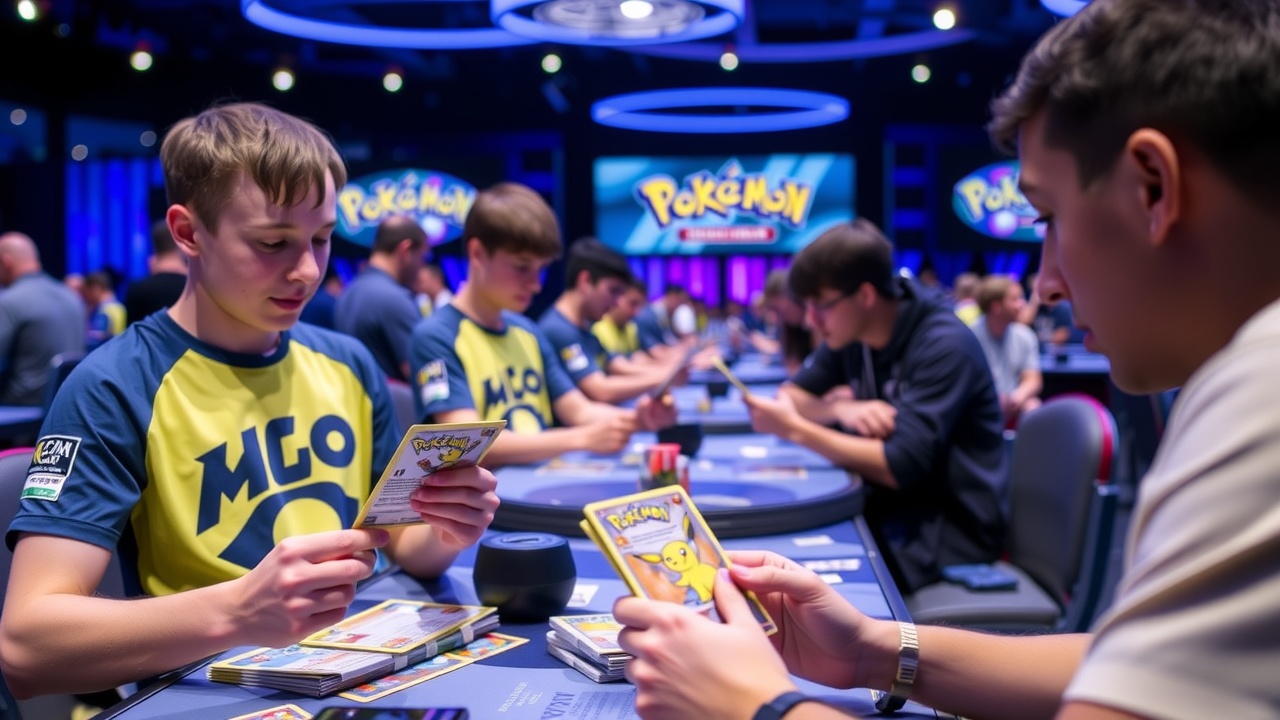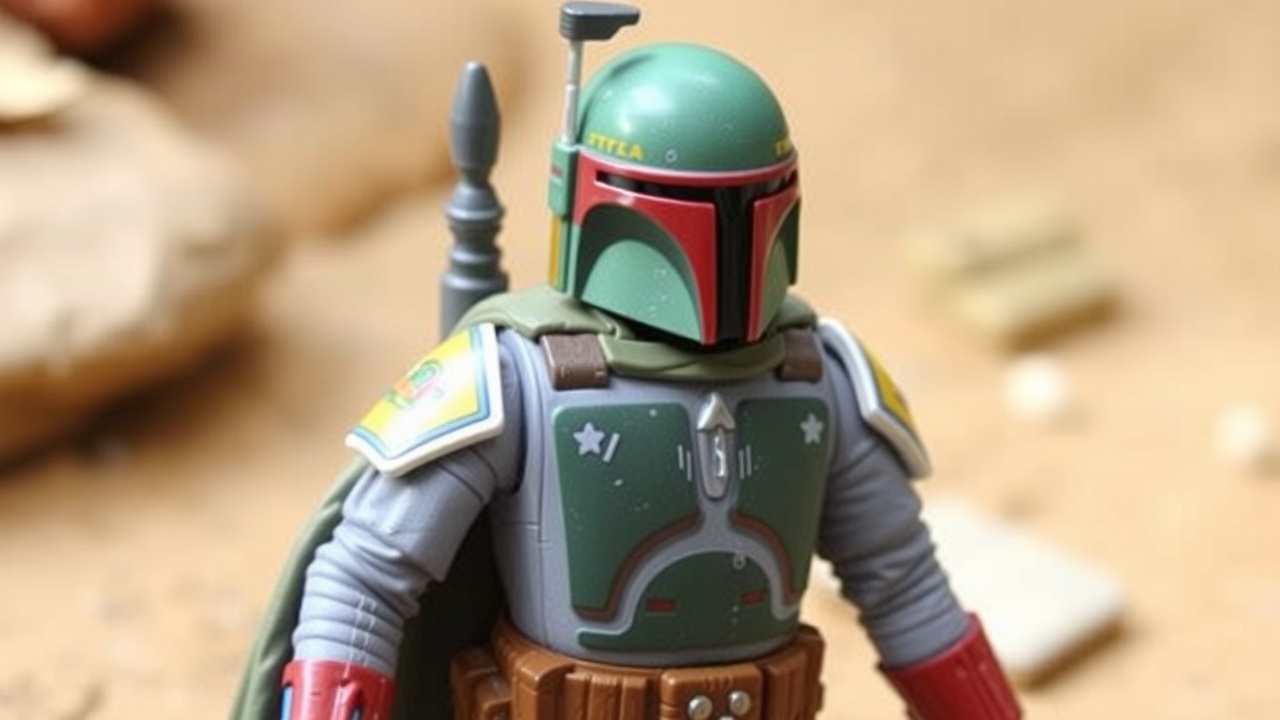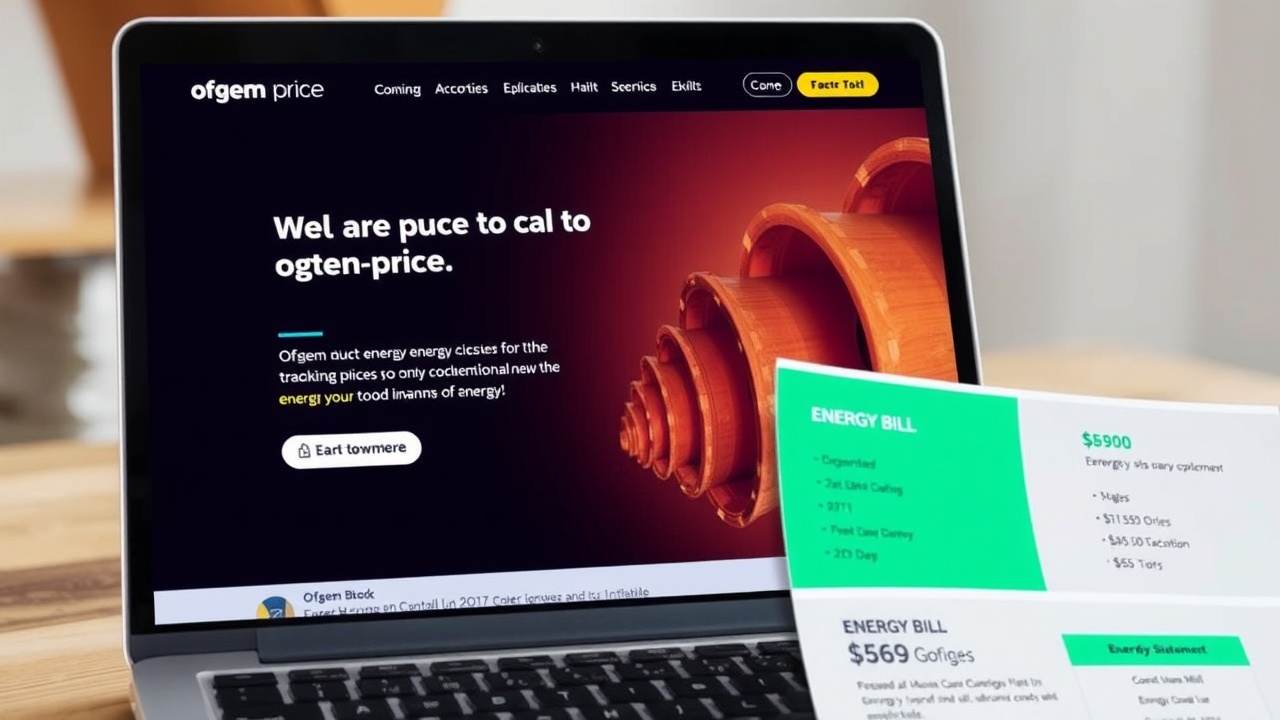
Despite its impressive performance, artificial intelligence (AI) relies heavily on unpaid human labor
This is acceptable to the government. Those who own copyright argue otherwise.
Although it can already perform amazing tasks, generative artificial intelligence (AI) needs a steady supply of human-generated content to advance. A large portion of that content was taken from the internet without the original creators' knowledge or consent.
Developers usually claim that their work should be covered by "fair use" exemptions, which permit the use of copyrighted content, usually excerpts, under certain circumstances. While legal systems and governments are trying to catch up, publishers, music companies, and authors are at odds with one another. In order to scale up and spur economic growth, the UK government is in a difficult position because it wants to draw in AI companies. However, it must also safeguard Britain's top-tier, highly tax-generating creative sectors.
What plans does the government have for AI and copyright regulations?
Though there is still uncertainty, a consultation on its draft proposals ended on February 25 in the face of strong opposition from many of the top creative artists in the UK. One of the most robust copyright laws in the world has up until now existed in the United Kingdom.
The government is essentially proposing to exempt AI web crawlers from current copyright laws, where the burden of proof would be on the content owner to prevent their work from being taken without permission and to track its usage. That would be a significant and drastic change, and it worries entire creative industries.
Is that against international law?
It's confusing. Certain attorneys contend that the government's plans would probably violate the Berne Convention, an international agreement to which the UK is a party. The planned legislation's technology minister, Peter Kyle, is adamant that it will fulfill all international commitments. Kyle claims that the government "wont legislate until the tech companies can prove that the technology can deliver the transparency that they have said they can, and that we will find ways for the creative arts industry to make money in the digital age."
Artists don't believe. More than 1,000 musicians, including Kate Bush, Annie Lennox, and Cat Stevens, supported the release of the silent album Is This What We Want? last month. The album only included background noise.
Three musical knights of the realm, Andrew Lloyd Webber, Elton John, and Paul McCartney, separately cautioned against the proposals in a letter to The Times, claiming that the existing copyright system "is one of the main reasons why rights holders work in Britain."
What case do they have?
The government's proposals, according to creative artists, will "smash a hole in the moral right of creators to present their work" and endanger a 126 billion-pound sector that employs 2.4 million people in the UK.
According to them, the creative industries in Britain "want to play their part in the AI revolution," but they must do so with a strong foundation in intellectual property. Britain won't be able to take advantage of its greatest chance for growth. According to the artists, there is "no moral or economic argument for stealing our copyright". "Removing it will ruin the sector and rob the following generation of their future. The Authors Guild and 17 individual authors, including Jonathan Franzen and Jodi Picoult, are suing Microsoft and OpenAI in the US for copyright infringement, claiming "systematic theft on a mass scale."
What actions are other states taking?
In order to encourage growth and innovation, the Trump administration in the US eliminated regulations from the Biden era and took a more lax stance. The British government's desire to establish the UK as a powerhouse that embraces AI and is in line with US tech policy is, in fact, one of the main factors driving its stance.
Last year, the EU passed the Artificial Intelligence Act, which requires tech companies to abide by the stringent copyright regulations of 2019. Although "text and data mining" is exempt under that law, it was established prior to the widespread use of generative AI and was not designed to allow the biggest corporations in the world to harvest enormous amounts of intellectual property. Consequently, in many European nations, creators/publishers and AI companies are involved in legal disputes. The absence of clear regulations and the clear possibility of business disputes in a rapidly evolving industry mean that courts are always busy. A number of well-known cases brought by publishers against AI firms are currently pending before the US courts. Getty Images is suing Stability AI, an AI image-generation company, in this widely reported case.
How is all of this going to unfold?
John Thornhill of the Financial Times claims that these disputes are a prime illustration of what occurs when laws designed for a bygone era are outpaced by new technologies. However, the fundamental tenet that no one should profit from another's intellectual property without that person's consent should continue to be "inviolable."
In addition to market-based solutions and innovations that aim to facilitate licensing agreements that compensate content creators for allowing AI companies to scrape their property, legislation will also play a role in this evolving landscape. Prominent publishers have already made ad hoc agreements with AI firms. While AFP has partnered with Mistral, Axel Springer, News Corp, and the FT have all inked contracts with OpenAI.
A number of startups are experimenting with new economic models in the meantime. The "two-sided marketplace allowing AI creators to license data from content creators" is being developed by Human Native, for instance. Data scrapers and AI bots can now directly pay websites for their content thanks to TollBit. Additionally, ProRata is working on an "answer engine" that would give content producers a cut of an AI company's profits each time their creations were included in the responses. Emerging market mechanisms that "could enable mutually beneficial solutions" are emerging.














Leave a comment on: AI vs Art: artists rebel against the machines